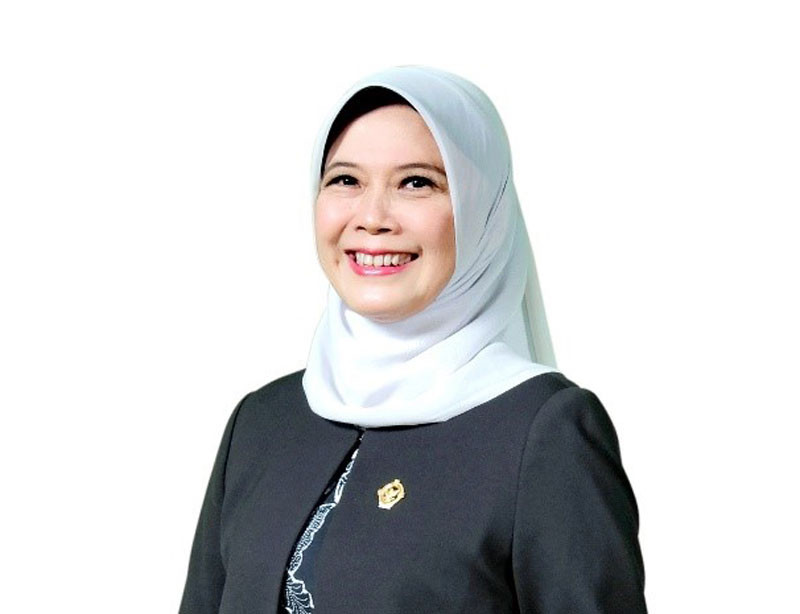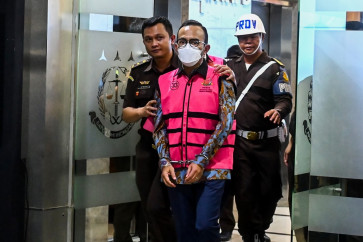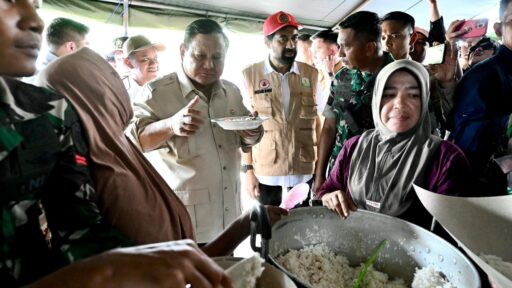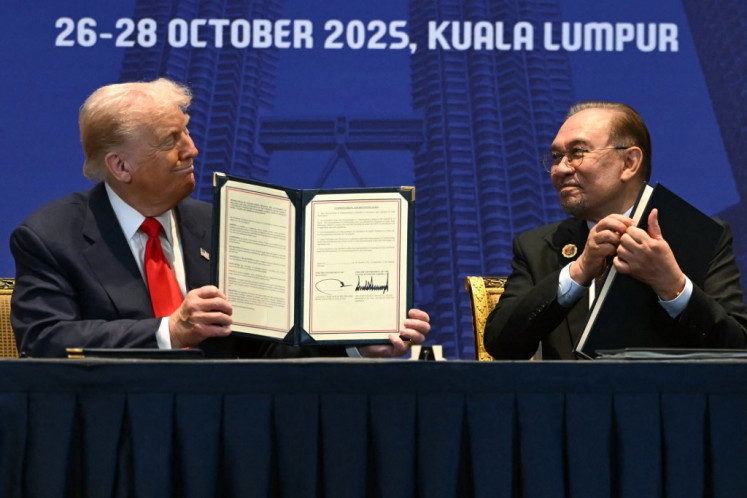Popular Reads
Top Results
Can't find what you're looking for?
View all search resultsPopular Reads
Top Results
Can't find what you're looking for?
View all search resultsEstablishment of SAI20 to Response the Global Challenges
The global calamity of the COVID-19 pandemic has not only hit the economy but has also increased the risks of fraud due to the rapid implementation of government response programs.
Change text size
Gift Premium Articles
to Anyone
T
he global calamity of the COVID-19 pandemic has not only hit the economy but has also increased the risks of fraud due to the rapid implementation of government response programs. It has also widened inequality across the nations, hindering the achievement efforts of the United Nations’ 2030 sustainable development targets globally. Besides the continuing impacts of the pandemic, multiple challenges lay increasingly ahead - global economic recovery is at risk from more persistent supply disruptions, inflationary pressures, financial stresses, an emerging energy crisis, the potential for climate-related disasters, increased global instability, and weaker-than-anticipated long-term growth drivers.
Post pandemic, governments in many countries may try to initiate a better global health architecture, including by adopting a universal and inclusive One Health approach. Governments should also prepare to accelerate economic recovery, increase business resilience and stability, and simultaneously ensure sustainable and inclusive growth. Moreover, protecting global financial stability from the potential consequences of climate change by developing a global green finance agenda is another issue. Furthermore, G20 governments must also act as a catalyst to emphasize the importance of secure and sustainable digital transformation, especially in the financial sector.
The current situation of uncertainty, geopolitical complexity, rapid change, and emerging challenges has coincided with Indonesia’s G20 Presidency in 2022. For this, there are three key priority areas concerning Indonesia’s G20 presidency: Global Health Architecture, Sustainable Energy Transition, and Digital Transformation. It is expected that G20 governments will continue to take the lead, among others, to ensure equitable access to COVID-19 vaccines and promote sustainable and inclusive economic development.
The recovery policy effort initiated by G20 governments should be underpinned by principles of good governance to optimize better public finance management. In this regard, the Supreme Audit Institution (SAI) in each G20 country can be a valuable partner of the government in enhancing the accountability ecosystem at this time and in periods preceding and after crises. There is also a role for SAIs, and other stakeholders, to create a suitable environment for a well-managed public sector and business sustainability, assist developing nations’ resilience, and better respond to various future challenges and uncertainties to achieve a more robust, greener, and healthier global development.










